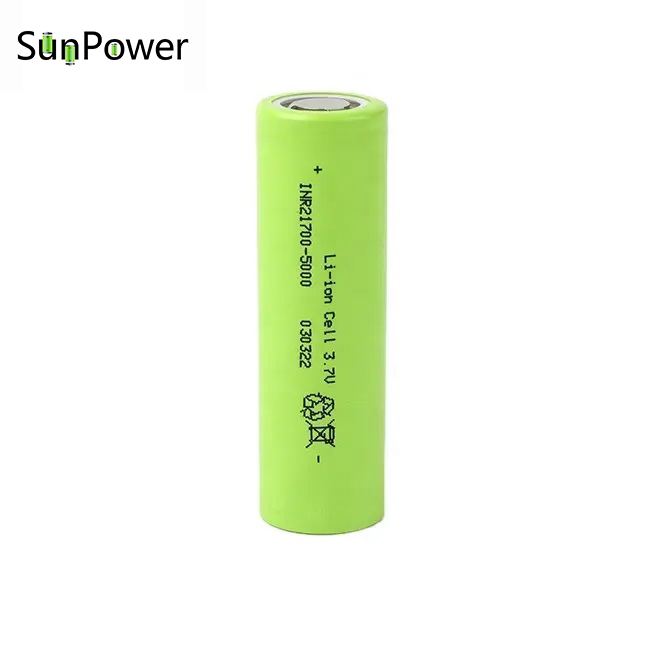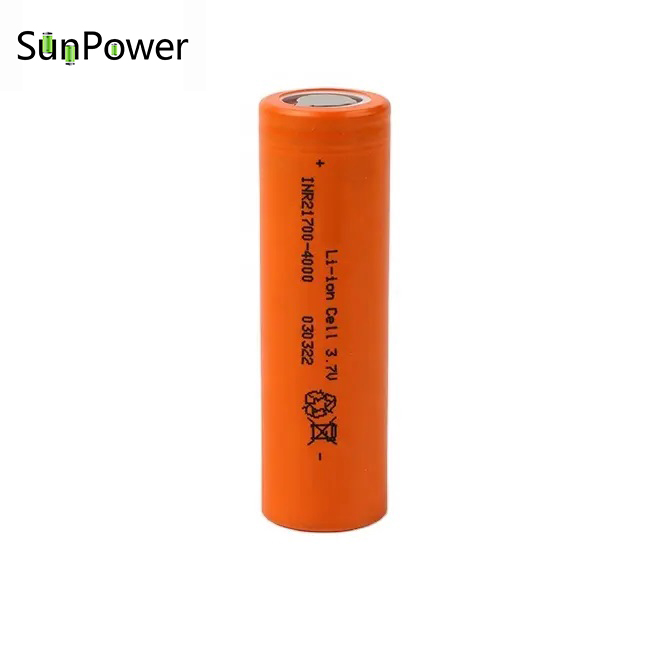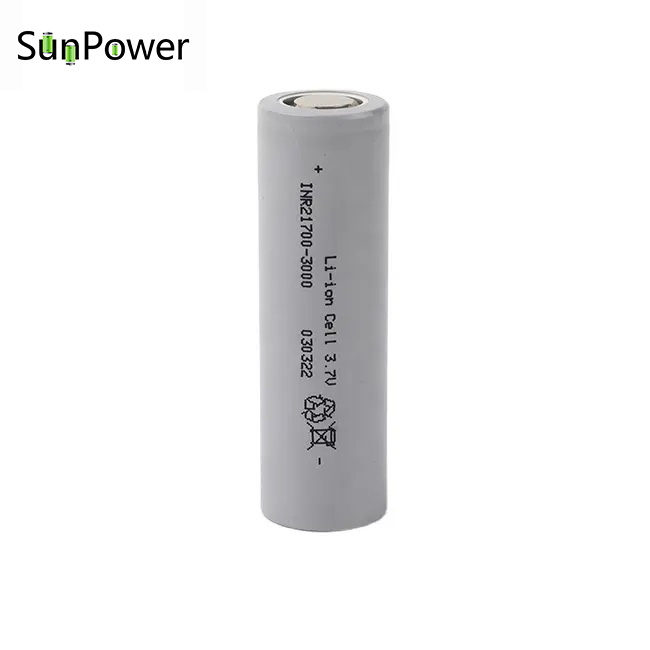
li-ion battery 21700 has emerged as a promising solution for various industries due to its high energy density and improved performance. However, the cost factor remains a significant challenge that needs urgent attention.
The Potential of Li-ion Battery 21700

Li-ion battery 21700 is gaining popularity in electric vehicles (EVs) and renewable energy storage systems due to its larger size and increased capacity compared to previous models. This advancement allows for longer driving ranges in EVs and enhanced efficiency in storing renewable energy.
Find more about lfp battery.
Furthermore, li-ion battery 21700 offers faster charging capabilities, reducing the time required for recharging EVs or replenishing stored energy. Its compact design also enables manufacturers to optimize space utilization within devices without compromising on power output.
The Challenge with Costing
Despite the potential benefits of li-ion battery 21700, the manufacturing cost remains a critical concern. The production process involves complex procedures, including sourcing raw materials like lithium, cobalt, nickel, and graphite; assembling cells; testing quality control measures; and ensuring safety standards are met.
In addition to these challenges, fluctuations in material prices can significantly impact overall costing. For instance, variations in cobalt prices have led manufacturers to explore alternative chemistries such as lithium iron phosphate (LFP) batteries or sodium ion (Na ion) batteries.
LFP Battery: A Competitor?
Lithium iron phosphate (LFP) batteries have gained attention as an alternative option due to their lower costs compared to traditional li-ion batteries. LFP chemistry eliminates or reduces the need for expensive metals like cobalt while maintaining decent performance levels.
However, LFP batteries generally have lower energy density and reduced power output compared to li-ion battery 21700. This trade-off between cost and performance makes LFP batteries suitable for certain applications but limits their potential in high-performance industries like EVs.
Exploring Na Ion Battery
Sodium ion (Na ion) batteries are another emerging technology that aims to address the cost concerns associated with li-ion battery 21700. These batteries utilize sodium as a substitute for lithium, which is more abundant and less expensive.
While Na ion batteries show promise in terms of cost reduction, they currently face challenges related to lower energy density and shorter cycle life compared to li-ion counterparts. Extensive research and development efforts are underway to overcome these limitations and make Na ion batteries a viable alternative.
The Conclusion
In conclusion, while li-ion battery 21700 holds immense potential for various industries, the urgency lies in addressing the costing challenges associated with its manufacturing process. The industry must focus on optimizing production efficiency, exploring alternative chemistries like LFP or Na ion, and investing in research to enhance overall performance without compromising affordability.
Click na ion battery.
By overcoming these obstacles, we can accelerate the adoption of li-ion battery 21700 across sectors, leading us towards a sustainable future powered by efficient energy storage solutions.
